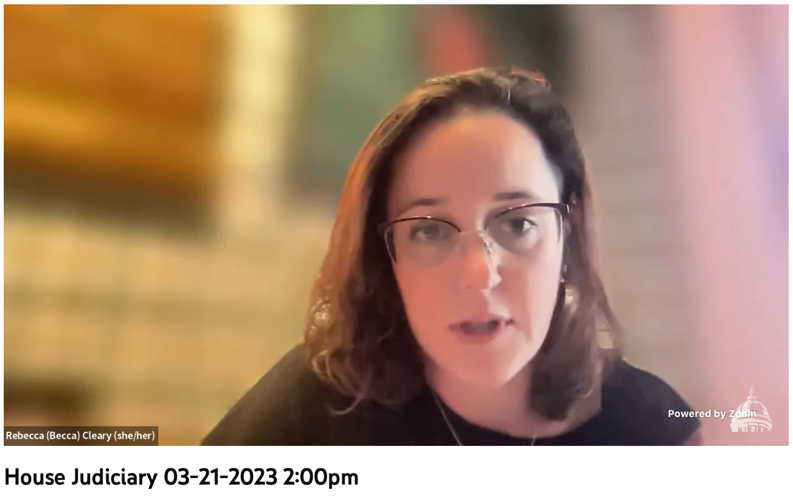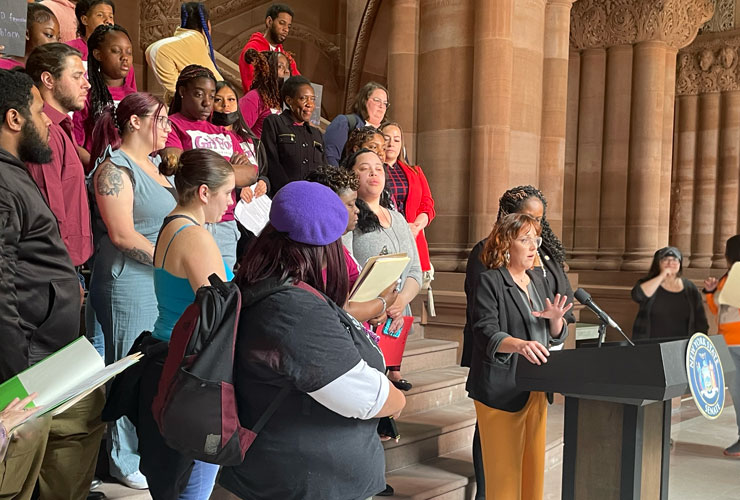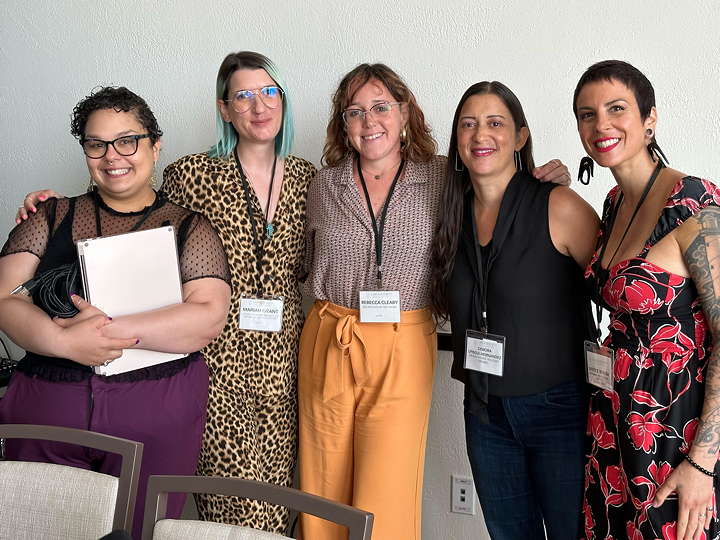June 7, 2023
Governor Phil Scott signed S. 33, an act relating to miscellaneous judiciary procedures, amending 13 V.S.A. § 3259, which prohibits a law-enforcement officer from engaging in sexual contact with an individual who is in custody, being detained, or being arrested to also prohibit law enforcement from engaging in a sexual act with a person who is the subject of an open investigation or a confidential informant or victim in an open investigation. With this legislation, policymakers reiterated that non-consensual sex is a crime, while consenting adults should be afforded the autonomy and dignity to make choices about their own bodies.
Consistent with this view, S.33’s ban on police sexual assaults will help prevent the second-most prevalent form of police violence behind excessive force, police sexual misconduct, which most commonly occurs between police and consensual adult sex workers. Due to their engagement in a criminalized activity, victims engaged in prostitution are targeted by officers who use their fear of arrest to exploit them. “The fear of arrest makes it impossible for a sex worker to give consent even if it appears that they may have made a choice. There is no choice to be made between violation and incarceration. Additionally, because consent was obtained by deception, it amounts to sexual assault,” said Henri Bynx, co-founder and co-director of The Ishtar Collective.
“Laws addressing police sexual violence codify the notion that consent, or lack thereof, is key when determining if a crime has occurred,” said Rep. Taylor Small, sponsor of the initial bill included in S.33. “By delineating when consent cannot be given, we acknowledge that it is possible for sex workers to consent to paid sex in other instances and that when consent is involved, it should not be a crime,” Small continued, referencing the companion bills introduced last legislative session that would decriminalize consensual adult sex work.
Police sexual violence (PSV) is a term that encompasses interactions in which a law-enforcement officer (sometimes referred to as a peace officer) engages in sexual contact with someone they have encountered in the line of duty. Law-enforcement officers are inherently in a position of authority over civilians, and this authority can be wielded to coerce unwanted sexual contact. The International Association of Chiefs of Police (IACP) has recognized that policing “create[s] opportunities for sexual misconduct” because officers “have power and authority over others” and “engage with vulnerable populations who lack power and are often perceived as less credible.” PSV is the second-most prevalent form of police violence behind excessive force, but because victims are often hesitant to report their experiences, there are likely exponentially more cases than have been documented.
Read DSW’s comprehensive fact sheet and recommendations on PSV laws here.
Read Henri Bynx’s Commentary, published in the VT Digger, on PSV laws here.

DSW Staff Attorney Rebecca Cleary testifies in front of the Vermont House Judiciary Committee.
DSW Newsletter #48
DSW Advocates Instrumental in VT’s Enactment of Country’s Most Comprehensive Police Sexual Violence Law

Arrest in Long Island Serial Killer Case Shines Brighter Light on Need for Immunity Laws for Sex Workers

Maine Enacts Prostitution Law Decried by Leading Trafficking and Human Rights Experts

The Ishtar Collective Provides Basic Needs After Catastrophic Flooding in VT

DSW Staff Attend Influential Conferences

